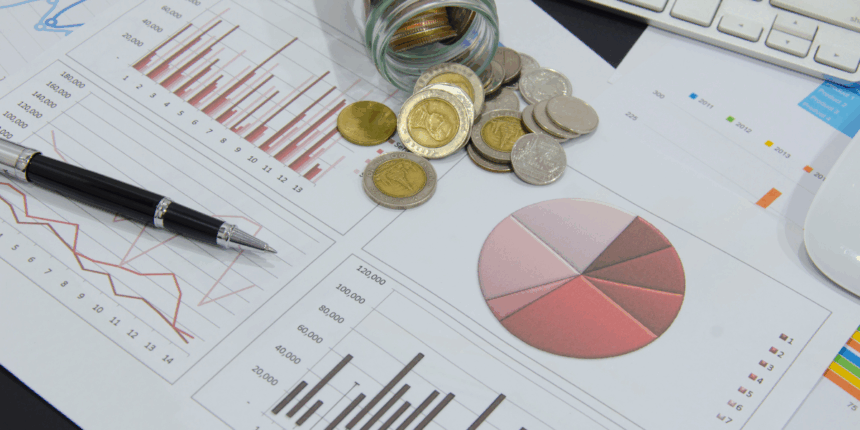Inflation remains a critical concern amidst global economic uncertainties, with tariffs often blamed as a contributing factor. However, the narrative that tariffs inherently cause inflation is challenged by historical and recent experiences. Understanding these dynamics is vital in assessing the Federal Reserve’s stance on interest rates and the broader economic policies at play.
Historically, tariffs have not directly led to increased inflation rates. For instance, the Smoot-Hawley tariffs of 1930 significantly raised tariffs, yet the subsequent decade saw minimal inflation. Similarly, the 1922 Tariff Act was enacted during the prosperous “Roaring Twenties,” a period marked by low inflation rates. These instances suggest that the relationship between tariffs and inflation is more complex than a straightforward causation.
How Did Trump’s Tariffs Impact Inflation?
During Donald Trump’s presidency, tariffs imposed on China did not yield the predicted inflation spike. Inflation averaged under 2%, despite tariffs that were part of a larger strategic effort to address intellectual property theft and trade imbalances with China. According to critics, Trump’s tariffs not only defied predictions of inflation but also forced China into agreements that benefited various US sectors.
Is the Federal Reserve’s Stance on Interest Rate Neutral?
Federal Reserve policies are under scrutiny. Critics argue that Chairman Jerome Powell’s refusal to lower interest rates in 2025, despite low inflation, signals a biased approach. The Fed raised rates multiple times during Trump’s presidency when inflation was similar to earlier decades across different administrations. Conversely, under President Biden, with inflation peaking at 7.5%, the Fed exhibited delayed rate hikes, highlighting potential inconsistencies in policy application.
Many governmental economists and journalists have misled the public, asserting that tariffs inevitably cause inflation. However, experts insist that strategic monetary policy could save billions annually.
The impartiality of the Federal Reserve is crucial as it impacts borrowing costs for consumers and the government’s interest liabilities. Accusations of bias in such a significant institution raise concerns over its influence on economic stability and growth.
Comparing past events, it’s evident that while tariffs are integral to trade policies, they don’t uniformly result in inflation. The influence of tariffs on inflation appears negligible compared to the broader monetary strategies employed. Hence, understanding and improving these policies could potentially lead to a more predictable economic environment, benefiting both domestic and international stakeholders. Despite divergent opinions, the strategic deployment of tariffs and interest rates should ideally follow empirical evidence and objective analysis rather than political inclinations.
Tariffs historically deviate from causing inflation, reflecting the importance of strategic economic policy. The debate over whether tariffs play a direct role in inflation is unlikely to cease, particularly when considered within current economic paradigms. A crucial insight reveals the necessity for objective policy-making, free from undue political influence. Experts suggest that refining monetary strategies could yield substantial fiscal savings, offering a path toward financial prudence.










